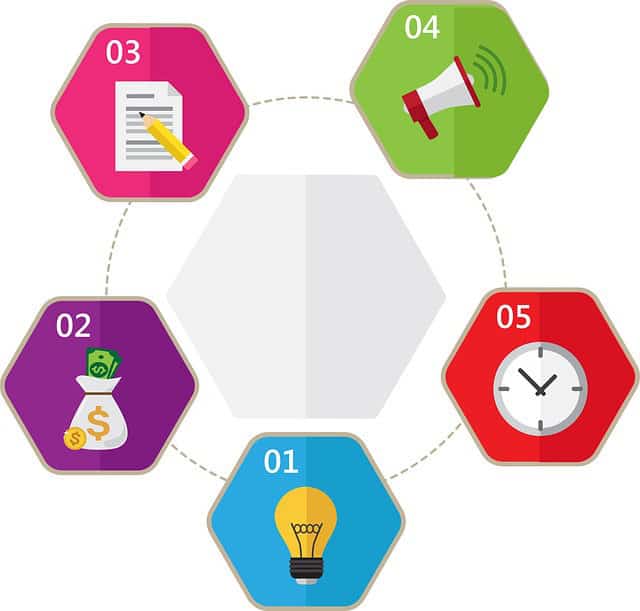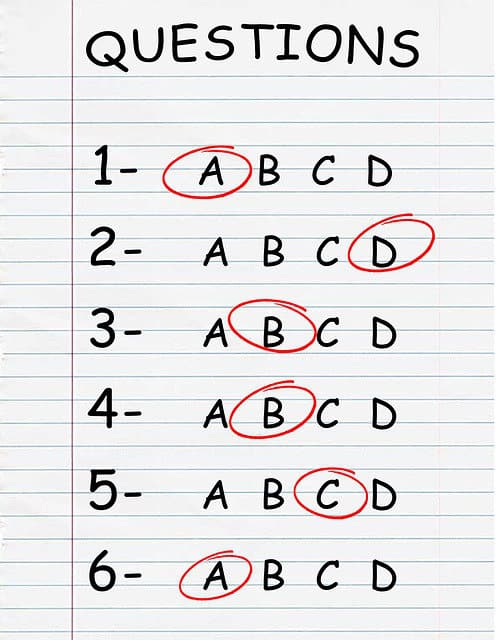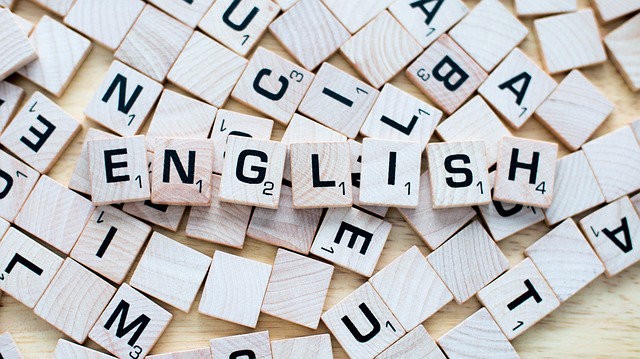Studying effectively without taking notes might seem like a daunting task, but it is possible. While taking notes is a common and effective way to learn and retain new information, it is not the only way to study effectively. Here are some tips for studying effectively without taking notes:
Use visualization techniques

Instead of writing down information, try to create mental images or diagrams to represent the concepts you are learning. This can help you to better understand and remember the material.
Visualization techniques can be a powerful tool for studying effectively without taking notes. By creating mental images or diagrams to represent the concepts you are learning, you can better understand and remember the material.
There are several different visualization techniques that you can try, including:
- Mind maps: A mind map is a visual representation of information, with the main idea at the center and branches representing related concepts. You can create a mind map by drawing a diagram and adding words or images to represent the concepts you are learning.
- Concept maps: A concept map is similar to a mind map, but it shows the relationships between concepts rather than just listing them. You can create a concept map by drawing a diagram and connecting the concepts with lines and labels to show the relationships between them.
- Pictures and diagrams: Drawing pictures or diagrams can be a helpful way to represent and understand complex concepts. You can create your own diagrams or use images from textbooks or online resources to help you visualize the material.
- Flowcharts: A flowchart is a diagram that shows the steps in a process. You can create a flowchart to represent the steps in a process or to show the relationships between different concepts.
Using visualization techniques can help you to better understand and remember the material you are studying. By creating mental images or diagrams to represent the concepts, you can more easily process and retain the information.
Practice recalling information

Practicing recalling information is another effective way to study without taking notes. Instead of just reading or re-reading your notes, try actively recalling the information from memory. This can help to reinforce your understanding and retention of the material.
There are several ways you can practice recalling information:
- Quizzing yourself: One way to practice recalling information is to quiz yourself on the material. You can create flashcards with the concept on one side and the definition on the other, or you can try recalling the information from memory without any prompts.
- Teaching the material to someone else: Another way to practice recalling information is to try teaching the material to someone else. This can help you to better understand the concepts and to identify any gaps in your knowledge.
- Recalling information in different settings: Try recalling the information in different settings, such as in a quiet room or while you are walking or exercising. This can help to strengthen the connections in your brain and make it easier to remember the material.
By actively recalling the information from memory, you can reinforce your understanding and retention of the material. This can be a particularly effective approach if you are struggling to understand a concept or if you have difficulty retaining information from reading or re-reading your notes.
Use memory aids

Memory aids are tools that can help you to remember information without writing it down. These can include mnemonic devices, acronyms, and rhymes, among others.
Mnemonic devices are techniques that use associations and associations to help you remember information. For example, the acronym “ROY G. BIV” can be used to help remember the colors of the rainbow: red, orange, yellow, green, blue, indigo, and violet.
Acronyms are abbreviations formed by combining the first letters of a series of words. For example, “SCUBA” stands for Self-Contained Underwater Breathing Apparatus. Acronyms can be a helpful way to remember lists or series of information.
Rhymes are phrases or sentences that have a similar sound to the information you are trying to remember. For example, you might use the phrase “In fourteen hundred ninety-two, Columbus sailed the ocean blue” to remember when Christopher Columbus sailed to the Americas.
Memory aids can be a helpful way to remember information without taking notes. By creating associations or using acronyms and rhymes, you can more easily retain the information and recall it later.
Create a study schedule

Creating a study schedule is an effective way to study effectively without taking notes. Instead of trying to study for long periods of time, it can be more effective to break your study sessions into shorter chunks and spread them out over a period of time. This can help you to better retain the information and avoid burnout.
Here are some tips for creating an effective study schedule:
- Determine how much time you have to study: Consider how much time you have available to study and how much material you need to cover. This will help you to determine how much time you should allocate to each study session.
- Break your study sessions into shorter chunks: Instead of trying to study for long periods of time, break your study sessions into shorter chunks of time. For example, you might study for 45 minutes and then take a 15-minute break.
- Schedule regular study sessions: Set aside specific times each week to study, and try to stick to a consistent schedule. This can help you to stay focused and avoid procrastination.
- Vary your study location: Try studying in different locations to keep things interesting and to reduce distractions. You might study at home, at a library, or at a coffee shop, for example.
By creating a study schedule and breaking your study sessions into shorter chunks, you can more effectively retain the information and avoid burnout. This can be a helpful approach for studying effectively without taking notes.
Find a study partner

Finding a study partner can be a helpful way to review and discuss the material you are learning and can be a useful approach for studying effectively without taking notes.
Here are some tips for finding a study partner:
- Look for someone with similar goals: Find a study partner who is also working towards similar goals or who is taking a similar course. This will ensure that you are both motivated to study and that you are both working towards the same objectives.
- Choose someone who is reliable: Look for a study partner who is reliable and who will show up for study sessions consistently. This will help to ensure that you are able to make the most of your study time.
- Consider finding a study group: Instead of just one study partner, you might consider finding a study group of several people. This can be a helpful way to review and discuss the material with a larger group of people.
- Set clear expectations: Make sure you and your study partner are clear on your expectations for the study sessions. Determine how often you will meet, what you will cover during the sessions, and how you will stay in touch between sessions.
By finding a study partner or group, you can review and discuss the material you are learning, which can help to reinforce your understanding and retention of the information.
Conclusion
While taking notes can be a valuable tool for learning and retention, it is not the only way to study effectively. By using a variety of study techniques and finding the approach that works best for you, you can learn and retain new information without taking notes.
